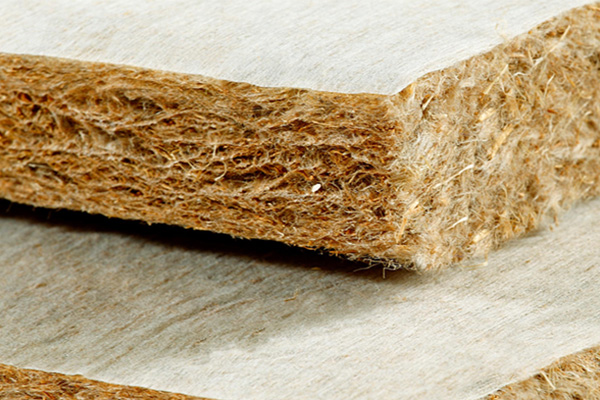Assistance in product certification process
The bio-based materials are materials derived from plant or animal biomass today take momentum in new construction or renovation.
Whether in the main structure with eg hemp concrete or for insulation with wood wool or sheep. These materials have specific mechanical, physical and microbiological properties that require accurate studies.


As part of the development of a new product made from hemp, a customer must submit a technical dossier to certify various factors such as fire resistance and to microorganisms.
The vegetable fiber used as raw material of this new product is naturally carrier of microorganisms that develop when the plant grows or when it is harvested. Therefore, this involves a risk during the production of the product since a large amount of water is incorporated, water being a major factor in the growth of micro-organisms.

It therefore seemed important to follow the evolution of flora and its activity throughout the manufacturing process.
CONIDIA proposed a study plan taking into account the raw material, the drying phase that lasts several months and the final product. The challenge is to quantify the possible microbial growth in all these steps. We proposed an original test based on microbial respiration.

The test consists of conditioning the material at different stages (raw material, day of manufacture, after 1 month of drying, after 2 months of drying and then after 3 months where the product is completely dry).
The samples were then placed in sealed bottles where microbial respiration could be measured continuously for several weeks. Microbial respiration is an indirect indicator of microbial growth and were used to determine the degree of resistance of material to microorganisms during these stages.
With this method, other factors could be studied in parallel to this test. For example, we could make artificial massive contamination with microorganisms replicating a water damage on the material.

Finally, the results helped to highlight that even if raw materials are carriers of microorganisms capable of degrading the vegetable fibers, adding other components helps stabilize completely the product even in case of massive contamination. Throughout the drying process, we found that the microbial activity was completely blocked despite the massive addition of water early in the process.

With this method, the product stability was proven despite its bio-based origin. The integration of these results in the technical dossier could prove and quantify scientifically the microbial stability of the product to the competent authorities. The CSTB certification process is currently underway.
Let's work together !
If you have any needs or questions about environmental microbiology, contact us and we'll provide you with the answers you need.
